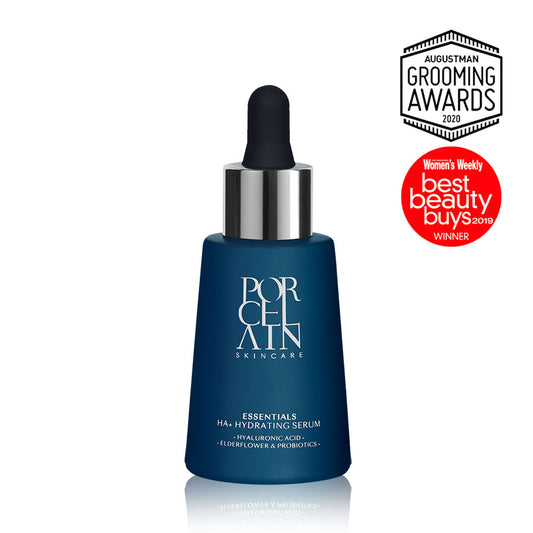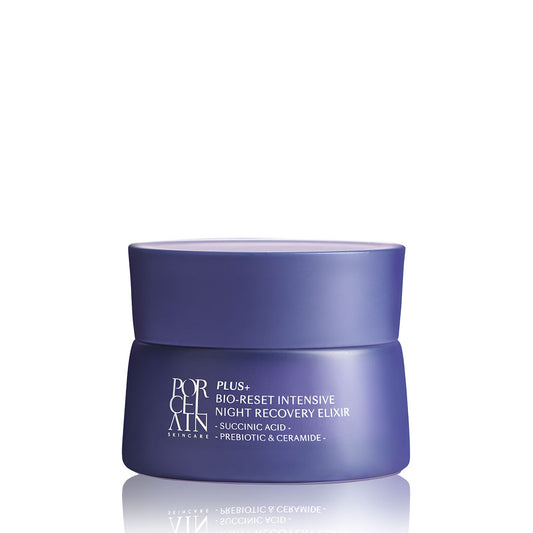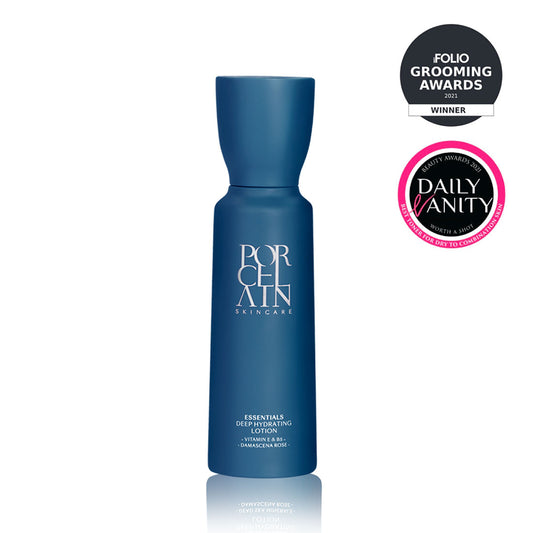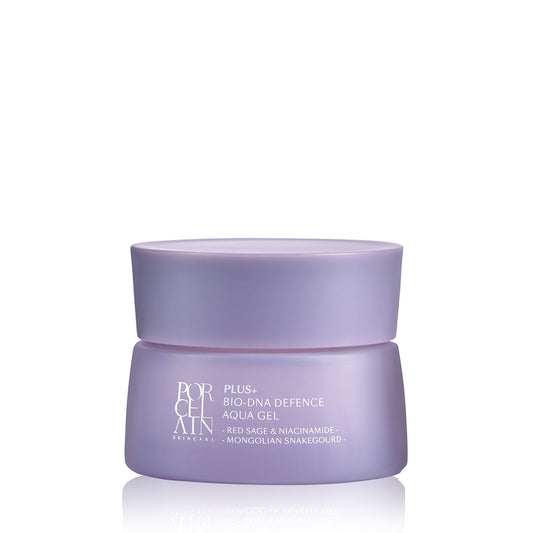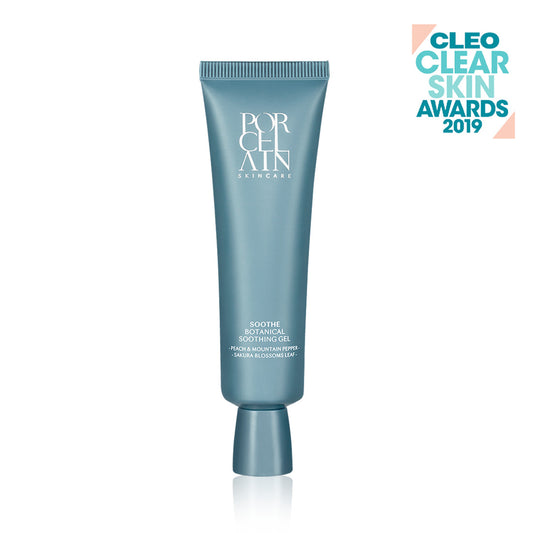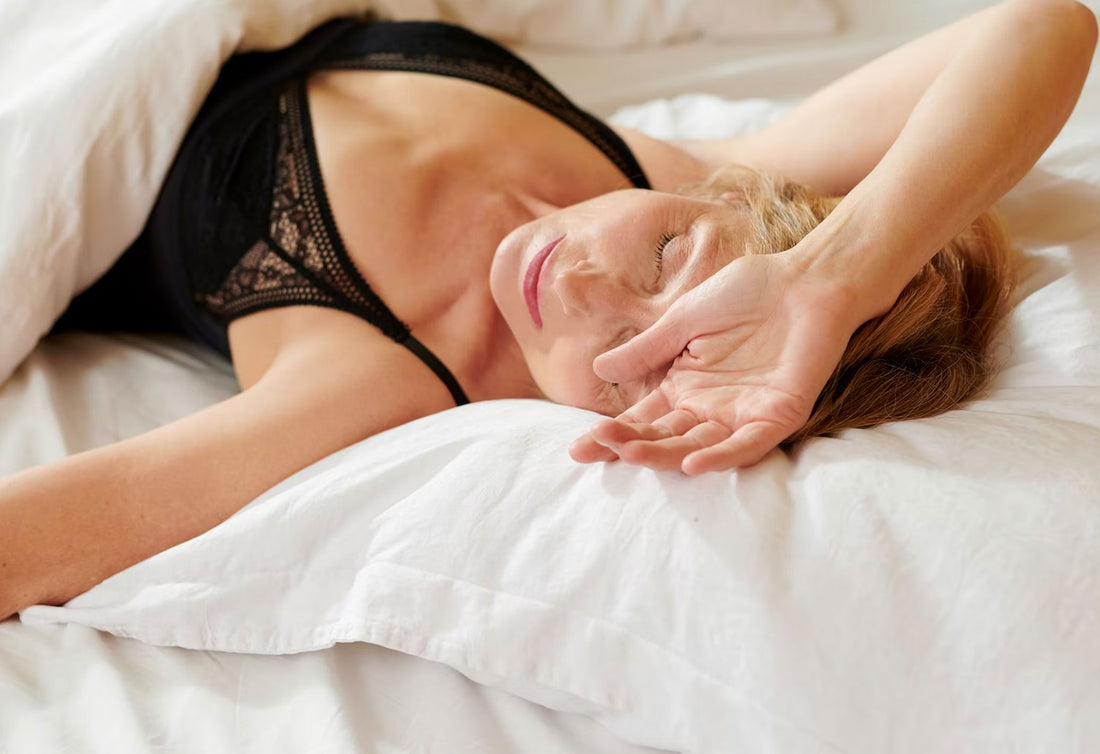The Importance Of Sleep
We need sleep just as much as we need food and air. Extreme sleep deprivation can lead to death, just as surely as starvation does.
Think of sleep as our maintenance time. It affects both the mind and body and when you don’t get enough of it, both suffer and eventually break down. Lack of sleep, or sleep deprivation, can lead to acne and other health issues, some of which are extremely serious.
There is no magical number of hours you need to sleep. In fact, sleep deprivation has more to do with the quality of your sleep than the number of hours, which explains why some may feel rested with just 5 hours, while others wake up feeling fatigued even after 10.
Sleep Deprivation Causes Acne

Lack of sleep promotes stress, causing an increase in the substance cortisol in the body. Cortisol, in turn, causes the skin to secrete more sebum, resulting in clogged pores and causing acne breakouts. This suggests that breakouts may be caused by stress-related inflammation.
“Our research suggests that acne severity associated with stress may result from factors other than sebum quantity. It’s possible that inflammation may be involved.”
– Dr. Gil Yosipovich, Professor of Dermatology, Wake Forest University School of Medicine
Another link between sleep deprivation and acne is the rise in insulin resistance. As insulin resistance increases, the body compensates by producing more insulin, which stimulates the production of androgen. This hormonal imbalance can trigger sebum production, leading to clogged pores and acne breakouts.
Consequences of sleep deficiency
Not getting enough sleep or having sleep difficulties can:
- Affect your ability to learn, listen, concentrate, and solve problems.
- Increase forgetfulness
- Make you more prone to pimples.
- Contribute to acne and other skin problems
- Trigger or intensify aggressive behaviour
- Cause you to overeat or crave unhealthy foods like sweets and fried foods, leading to weight gain
- Heighten the effects of alcohol and potentially increase the use of caffeine and nicotine
- Pose a safety risk by inducing drowsy driving or unsafe equipment operation
- Contribute to illness
But how do you know that you are getting just the right amount of sleep?
A few questions to ponder — Do you:
- Feel like you could use more energy?
- Often wake up feeling drowsy and tired?
- Have problems falling asleep?
- Have problems staying awake without caffeine or other stimulants?
If you answered “yes” to one or more of the questions, your struggle with sleep deprivation has likely undermined your acne treatment efforts. However, poor sleep quality often hinders the full benefits of rest, emphasising the importance of improving sleep quality rather than simply increasing time spent in bed.
When you learn to maximise the different phases of sleep and balance your inner sleep clock, you can kiss your sleep problems goodbye. Enjoy the full benefits of rejuvenating sleep, waking up refreshed and energised, while tackling acne effectively.
Facial treatments for acne-prone skin caused by sleep deprivation
Dealing with acne breakouts due to a lack of sleep? Specialised facial treatments offer targeted solutions for acne-prone skin, addressing concerns, reducing inflammation, and improving your overall skin health.
1. Deep cleansing facials
Deep pore cleansing facials typically include steam therapy, extractions, and gentle exfoliation to thoroughly cleanse the skin and eliminate the buildup of excess oil, dirt, and impurities. With expert techniques and specially formulated products, professional estheticians will help unclog your pores and promote a clearer complexion.
2. LED Light Therapy
Some facial treatments may incorporate LED light therapy, which uses specific wavelengths of light to target acne-causing bacteria and reduce inflammation in the skin. Blue light therapy, in particular, has antimicrobial properties that can help kill acne bacteria, while red light therapy promotes healing and reduces redness associated with acne lesions. This facial treatment is non-invasive and suitable for all skin types, making it a popular option for managing acne-prone skin.
3. Microdermabrasion
Microdermabrasion is a mechanical exfoliation technique that uses a handheld device to gently buff away the outer layer of dead skin cells. This technique not only unclogs pores but also stimulates cell turnover, encouraging new skin cells to replace old or damaged ones. Facial treatments with microdermabrasion can help improve acne scarring, reduce hyperpigmentation, and refine skin texture. Moreover, it is also safe for most skin types and can be customised to address specific acne concerns.
When considering facial treatments for acne-prone skin, it is essential to consult with a qualified skincare professional to determine the most suitable options based on your skin concerns and goals. With Porcelain’s top-notch acne treatments, you can effortlessly manage your skin and enjoy a smoother, more radiant complexion today.


